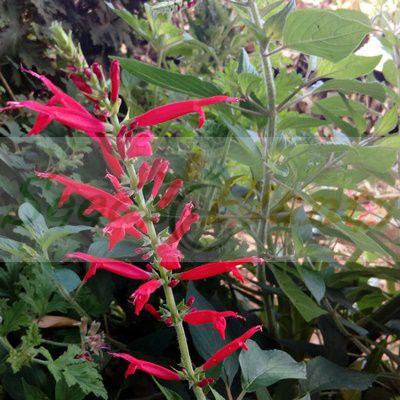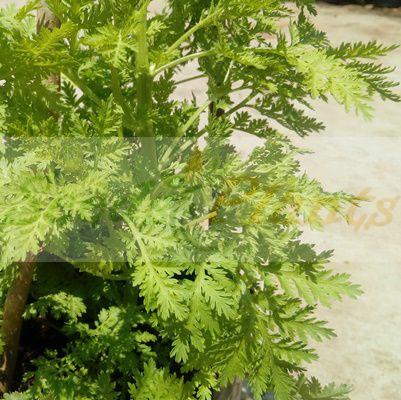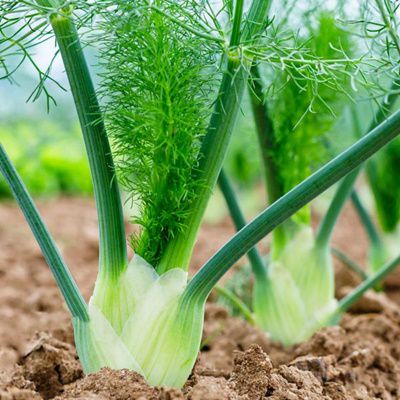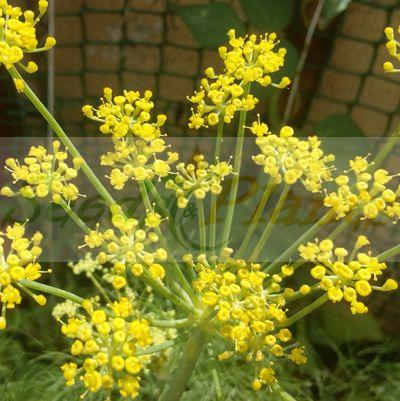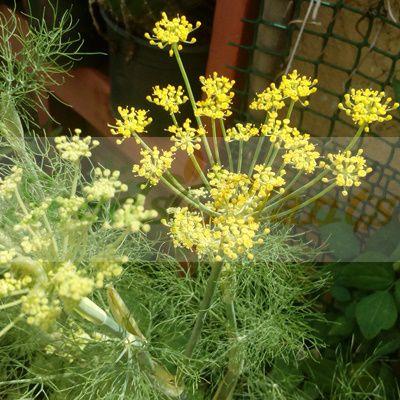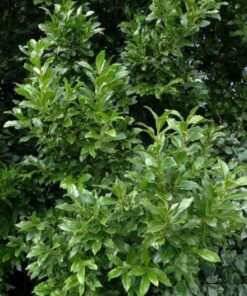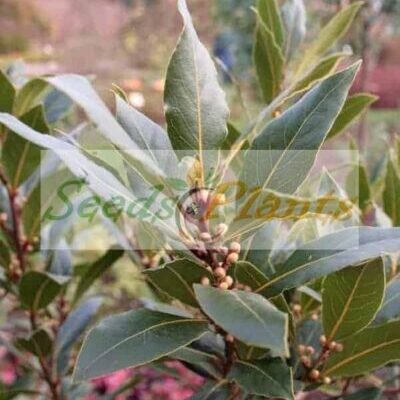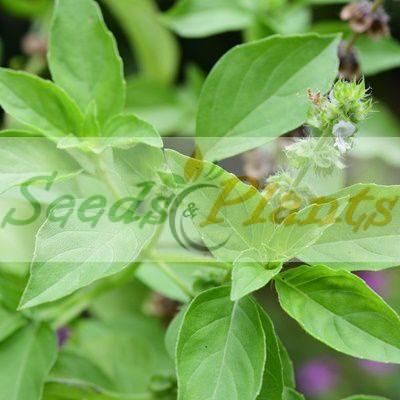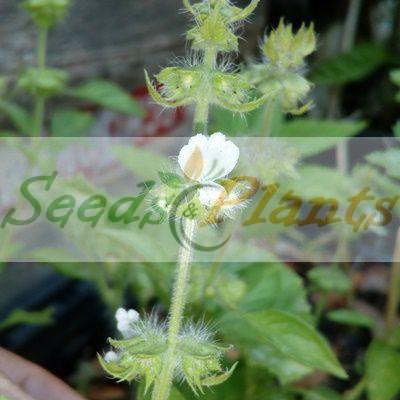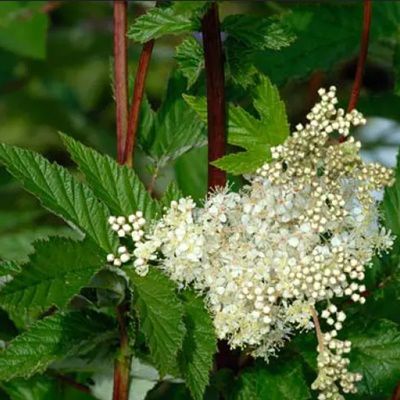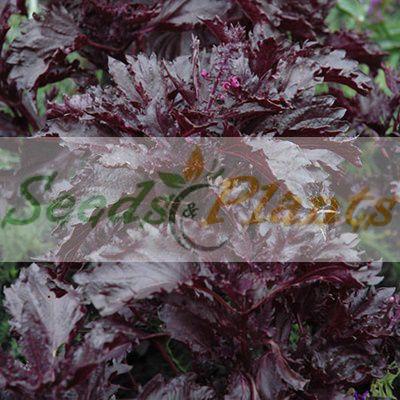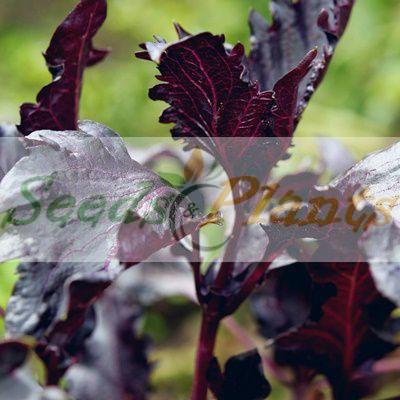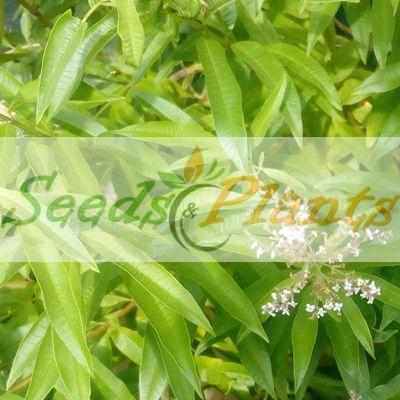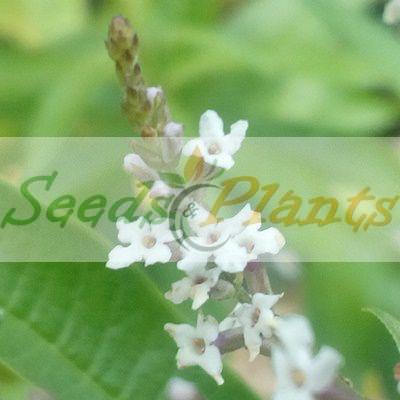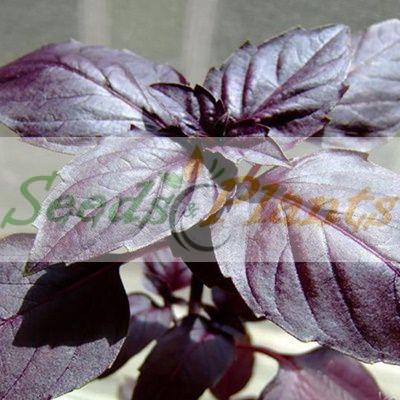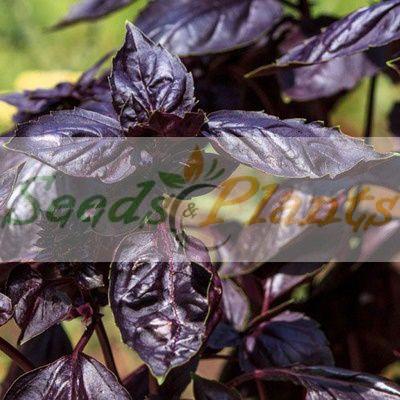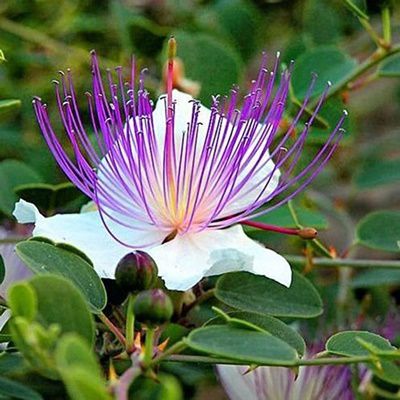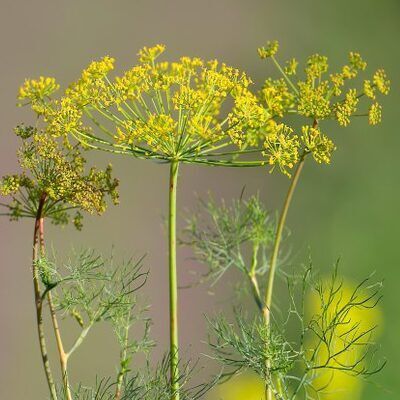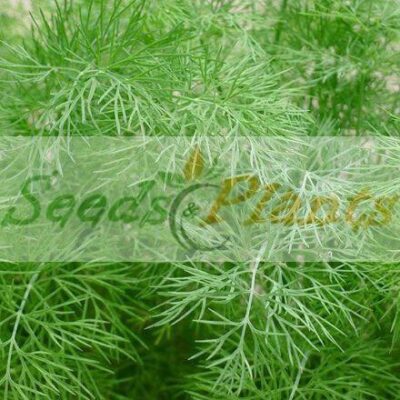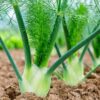🍃 Culinary Quick Facts
Culinary Info
- 🌍 Origin / Region: Mediterranean, Southwest Asia
- 🍽️ Culinary Use: Beverages/Teas, Cooking, Flavoring, Garnish, Meat and Fish dishes, Pickling, Seasoning, Soups and Stews, Spice Blends
- 😋 Flavor Profile: Anise-like, Aromatic, Licorice-like, Nutty
Medicinal Info
- 🌿 Medicinal Part: Leaf, Root, Seed
- 🍵 Herbal Preparation: Essential Oil, Extract / Tincture, Infusion / Tea, Powder
- ⚕️ Healing System: Ayurvedic System of Medicine, Chinese Traditional Medicine, European Traditional Medicine, Siddha System of Medicine, Unani System of Medicine
Growth Traits
- 🌱 Life Cycle: Perennial
- 🌾 Plant Type: Herbaceous Perennial
- 🦋 Pollinator Method: Attracts Bees, Attracts Beetles, Attracts Butterflies, Attracts Hoverflies, Attracts Moths
- 🪴 Growth Habit: Upright
- 🌸 Flower Color: Yellow
Growing Requirements
- 🌞 Sun Exposure: Full Sun
- 💧 Water Needs: Regular Water, Water Deeply
- ☀️ Growing Conditions: Drought Tolerant, Heat Tolerant
- 🟤 Soil Preference: Chalky, Clay, Loam, Sandy, Well-Drained
Sweet Florence Fennel – 100 Seeds
(Foeniculum vulgare var. azoricum)
R30.00
Fennel has a sweet aroma and an aniseed flavor. Use leaves in fish stock, sauces and stuffings and in mayonnaise, flavored butters and salad dressings. Sweet Florence fennel or finocchio is also grown for its bulbous base and leaf stalks.
Indoor Sowing: Not Recommended.
Direct Sowing: Late Spring.
Only 4 left in stock
🍃 Culinary Quick Facts
Culinary Info
- 🌍 Origin / Region: Mediterranean, Southwest Asia
- 🍽️ Culinary Use: Beverages/Teas, Cooking, Flavoring, Garnish, Meat and Fish dishes, Pickling, Seasoning, Soups and Stews, Spice Blends
- 😋 Flavor Profile: Anise-like, Aromatic, Licorice-like, Nutty
Medicinal Info
- 🌿 Medicinal Part: Leaf, Root, Seed
- 🍵 Herbal Preparation: Essential Oil, Extract / Tincture, Infusion / Tea, Powder
- ⚕️ Healing System: Ayurvedic System of Medicine, Chinese Traditional Medicine, European Traditional Medicine, Siddha System of Medicine, Unani System of Medicine
Growth Traits
- 🌱 Life Cycle: Perennial
- 🌾 Plant Type: Herbaceous Perennial
- 🦋 Pollinator Method: Attracts Bees, Attracts Beetles, Attracts Butterflies, Attracts Hoverflies, Attracts Moths
- 🪴 Growth Habit: Upright
- 🌸 Flower Color: Yellow
Growing Requirements
- 🌞 Sun Exposure: Full Sun
- 💧 Water Needs: Regular Water, Water Deeply
- ☀️ Growing Conditions: Drought Tolerant, Heat Tolerant
- 🟤 Soil Preference: Chalky, Clay, Loam, Sandy, Well-Drained
Sweet Florence fennel or finocchio (Foeniculum vulgare var. azoricum) is grown primarily for its bulbous base and leaf stalks which are used as vegetables. Fennel is a stocky plant that can grow to 24 inches (61cm) tall and looks something like celery with fleshy stalks and feathery leaves.
Florence Fennel Culinary Uses
Fennel has a sweet aroma and an aniseed flavor. Use leaves in fish stock, sauces and stuffings and in mayonnaise, flavored butters and salad dressings. The dried stalks can be placed under grilled or barbecued fish. At the two-leafed stage, the seedlings make a pungent addition to salads, reminiscent of mustard. The stronger tasting fennel seeds have a flavor more like aniseed or licorice. They can be used as a spice, particularly in cakes, breads and stuffings.
Florence Fennel Medicinal Benefits
- Anti-Spasmodic
- Anti-flatulence
- Assists with Anemia
- Helps with weight loss
- Assists with milk production
- Anti-Microbial
- Relieves Respiratory Problems
- Beneficial During Menopause
Growing Sweet Florence Fennel
Indoor Sowing: Not Recommended.
Direct Sowing: Late Spring.
- Fennel will grow in most any soil, but the richer the soil, the more tender the foliage and the less aromatic the seed.
- It likes a well-drained, sheltered but sunny position.
- Seedlings do not transplant well, so it is better to sow Fennel Seeds directly in the garden in the late spring
- Sow the seeds 25 to 30cm apart on moist, well draining soil.
- Cover with a thin layer of soil.
- Keep moist until germination.
- It grows a very deep taproot which is difficult to pull up, so remove unwanted seedlings while young.
Can this plant be used for culinary purposes?
Sweet Florence Fennel is traditionally used for culinary purposes such as beverages/teas and cooking.
Does this plant have medicinal uses?
Traditionally, Sweet Florence Fennel has a history of use in various healing systems, including Ayurvedic System of Medicine and Chinese Traditional Medicine. Seeds are sold for cultivation purposes only.
Disclaimer
Medicinal Information:
All medicinal information on this website is for educational and informational purposes only and may not be construed as medical advice. The information is not intended to replace medical advice or treatment offered by healthcare professionals.
Seeds, Plants, Plant Cuttings, Geophytes and Dried Herbs:
In some countries and provinces, certain plants are deemed as invasive and are not allowed to be planted at all, whilst some plants are allowed to be grown only in certain areas or provinces. The onus is on you as the buyer to familiarize yourself with the regulations pertaining to your location, before purchasing any of our seeds, plants, plant cuttings, geophytes or dried herbs. We will not be held liable, should you purchase any seeds, plants, plant cuttings, geophytes or dried herbs. from us which are prohibited in your country or province.

